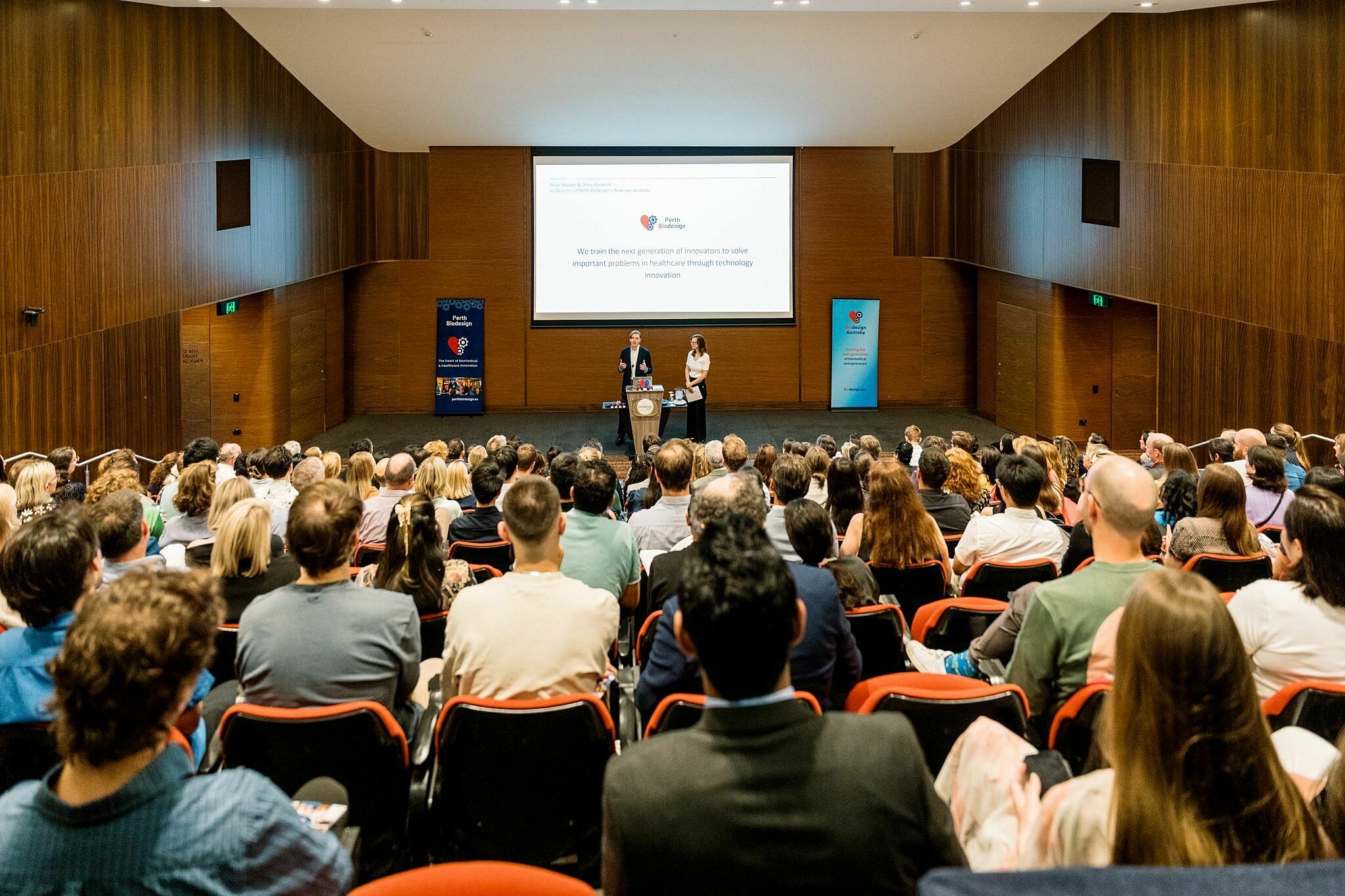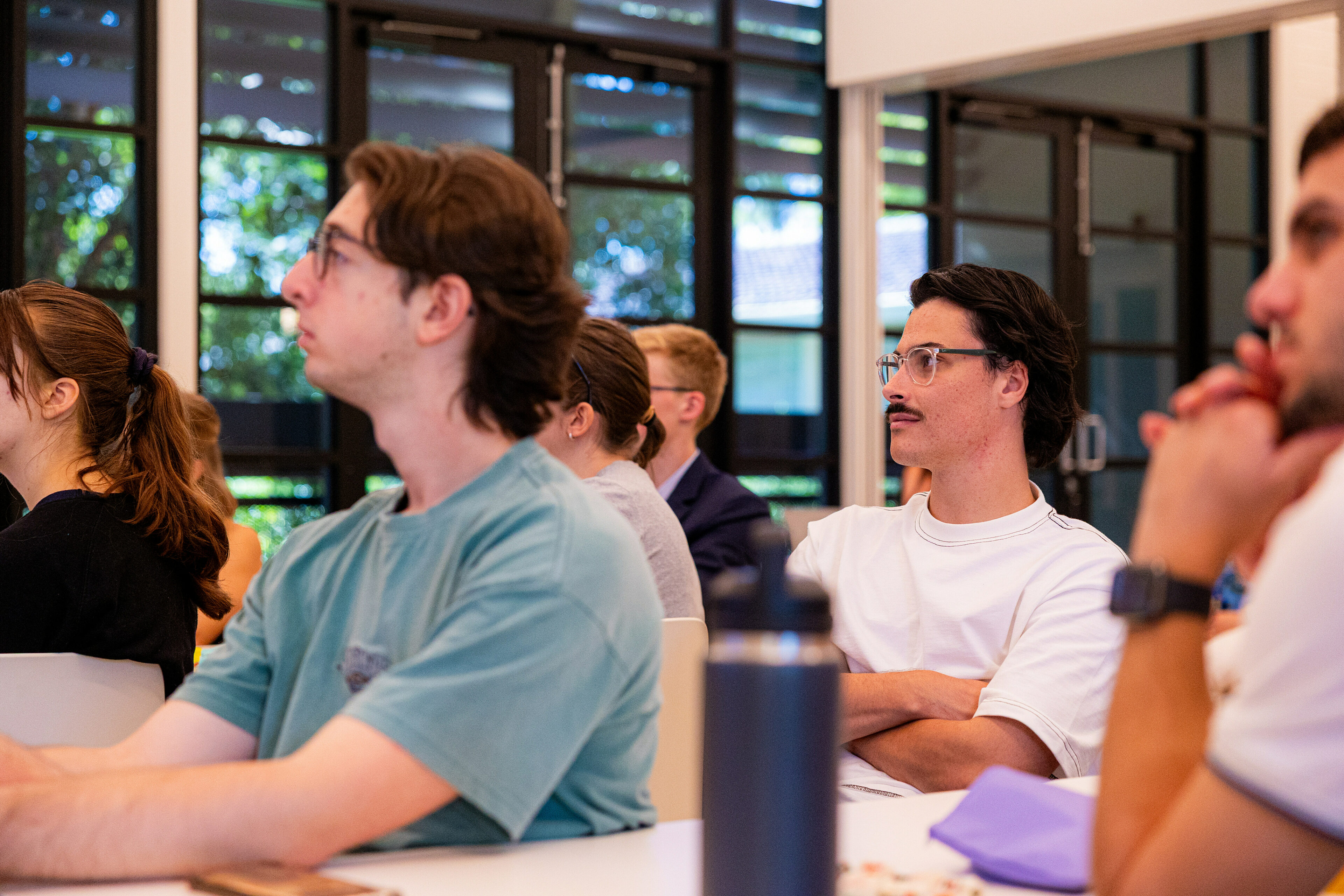
National Science Week 2024 Brings Species Survival to Schools
National Science Week 2024 is not only a celebration of scientific innovation but also a unique opportunity for schools to delve into the theme of "Species Survival - More than just sustainability." In collaboration with the Australian Science Teachers Association (ASTA), this year's school-focused initiatives aim to empower students to explore the multifaceted aspects of science and innovation that contribute to the survival and thriving of diverse species in our ever-changing world.
School Theme: "Species Survival - More than just sustainability"
The 2024 school theme for National Science Week provides a compelling lens through which students can investigate the critical role of science in ensuring the survival and prosperity of different species. This theme expands beyond traditional sustainability concepts, encouraging students to think critically about the impact of human activities on the intricate web of life.
Students participating will have the chance to explore a rich variety of topics, letting them dive into issues of interest. The array of subjects includes, but is not limited to:
- Disease-Causing Organisms: Understanding the dynamics of diseases and their impact on species survival.
- Life-Saving Chemicals: Exploring the role of chemicals in medicine and agriculture to support species' well-being.
- Clean Water: Investigating the importance of clean water sources for the survival of various species.
- Photosynthesis: Delving into the fundamental process that sustains plant life and contributes to the overall ecosystem.
- Genetic Screening: Examining the role of genetics in species survival through advancements in genetic screening technologies.
- Physics of Building Structures: Understanding the impact of architectural design on the habitats of different species.
- Artificial Intelligence: Exploring the role of AI in conservation efforts and species protection.
- Microplastics: Investigating the effects of microplastics on ecosystems and species survival.
Dr. Brendan Barrett, Executive Director of the Australian Science Teachers Association, emphasises the importance of empowering students to think critically about the broader implications of human activities on species survival. Beyond the conventional focus on solar panels and recycling, the school theme aims to broaden students' perspectives and connect them with the groundbreaking work being undertaken by scientists globally.
"Our goal is to empower students to think critically about the impact of human activities on species survival, enabling them to understand the breadth of the climate change issue beyond the need for solar panels and recycling. Scientists all over the globe are undertaking amazing work in this area. It is important that students and the community at large can see this work and understand how it is relevant to them."
Dr. Barrett
Get your school involved here or you can download the free Species Survival teacher resource book (17.5 MB, pdf) and the companion student journal (4.8MB, pdf). There is also a flipbook version of the resource book. There are also great ideas for parents to get involved with a National Science Week event!
National Science Week offers a unique and enriching opportunity for students to engage with the complexities of science and innovation. By exploring a diverse range of topics, students will not only deepen their understanding of the natural world but also develop critical thinking skills essential for addressing the challenges of species survival in the face of a changing environment. With the guidance of ASTA and the collaboration of educators and students alike, National Science Week 2024 aims to inspire a new generation of scientifically informed and environmentally conscious individuals.
Explore a variety of statewide opportunities, both online and in person, to nurture your budding scientist! Consider visiting Scitech for hands-on experiences, or delve into NASA's educational resources and opportunities to inspire a passion for the stars.
Latest News

EDUCATED 2026

Perth Biodesign 2025: Sparking Innovation in Healthcare

